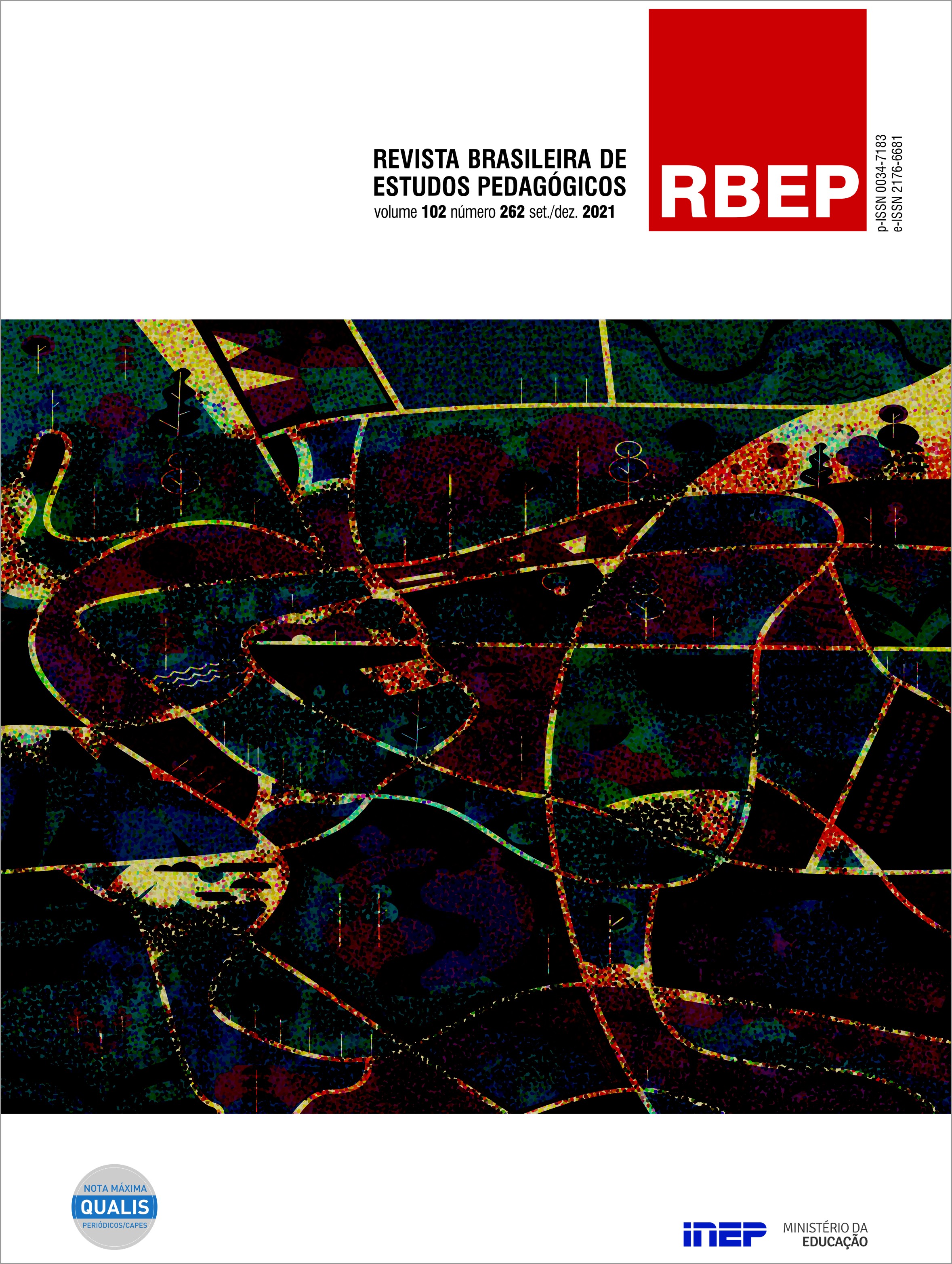Teaching and intercultural relations on the Brazil-Venezuela border
Abstract
The article addresses the interface between contemporary teaching and intercultural relations, through the analysis of the narratives of teachers from a public school, located on the Brazil-Venezuela border. The school is characterized by the coexistence, often conflicting, of different cultures, ethnicities, and nationalities. From the post-structuralist perspective, studies on interculturality and teaching are taken as basic to this discussion. Eight interviews were conducted with teachers and the data is analyzed using Foucault's discourse tool. The excerpts from narratives show the plurality of teaching views about cultural relations in the border school. International students’ presence can be understood both as a barrier and as a powerful learning opportunity for everyone. The text discusses the possibility of teaching constituted by a "border ethos", which would allow the existence of difference and the production of subjectivities for those who inhabit the school.
Downloads
Copyright (c) 2021 Brazilian Journal of Pedagogical Studies

This work is licensed under a Creative Commons Attribution 4.0 International License.
Once their work is accepted for publication, author’s copyrights are automatically relinquished to the National Institute for Educational Studies and Research Anísio Teixeira (Inep).
Since 2016, the journal Revista Brasileira de Estudos Pedagógicos (RBEP) uses the licence CC-BY.
Partial or total reproduction of the content of this Journal is permitted provided that the original publication is properly referenced, as well as a link to license CC BY 4.0 and to indicate any possible alterations made to the article.




















